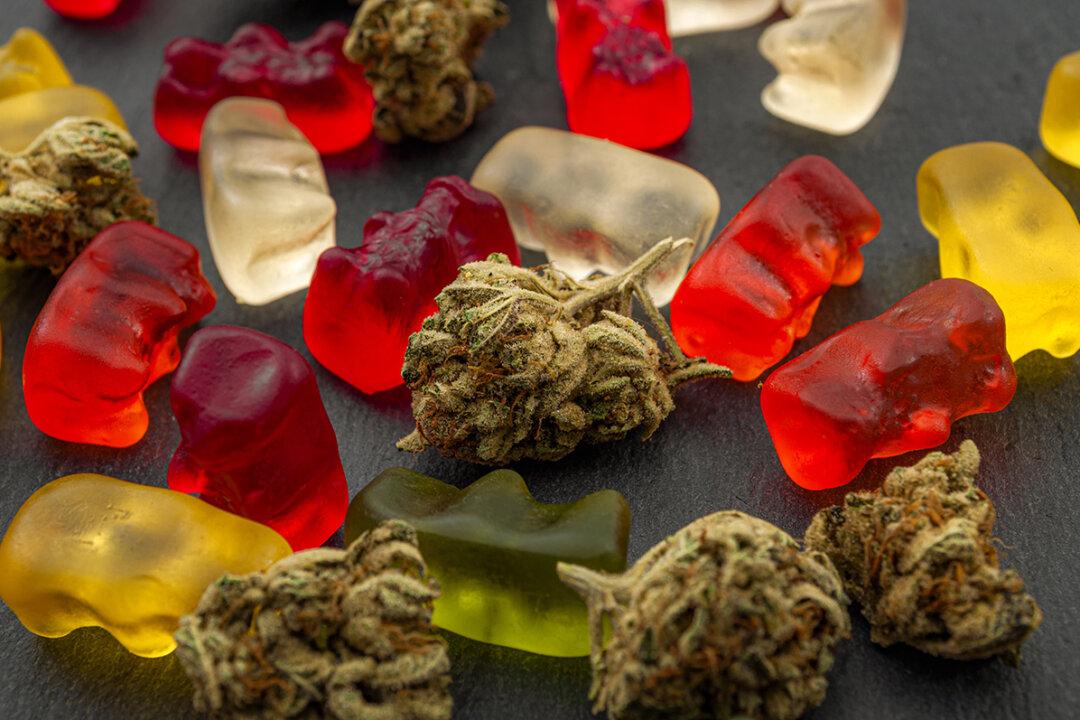The legalization of marijuana in Canada has been linked to increases in the accidental poisoning of small children, according to a Health Canada briefing.
“Various sources of evidence indicate significant associations between cannabis legalization and increases in cannabis-related emergency department visits, hospitalizations, intensive care unit admissions and poison center calls,” said a department briefing note first covered by Blacklock’s Reporter.





